Lost in Translation
Google Translate is a wonderful tool that can translate whole websites and documents from Afrikaans to Zulu. The free service is also a smartphone app that can decipher words captured in photos, and even translate real-time two-way conversations.
The Ukrainian newspaper Ukrainska Pravada has so much faith in Google Translate that it uses the service to publish an online Russian-language edition of the paper. Usually error free, Russian readers were infuriated to find in the January 11th edition that the Russian Federation was translated to Mordor, a fictional, evil region in JRR Tolkien’s Lord of the Rings books. Pro-Ukrainian activists sometimes use the term to refer to Russia. In addition, “Russians” was translated to “occupants” and the surname of Sergey Lavrov, the country’s Foreign Minister, became “sad little horse,” referring to an offensive monument to the Russian FM which was erected in Ukraine’s southeastern city of Zaporozhye, where the diplomat was caricatured as a horse.
It was unclear whether the bold messages were the result of a hack, someone at Google trying to send a message, or just a technical glitch — regardless the issue was solved by late afternoon Tuesday,the 12th. However, the problem persisted for at least a day according to Ukrainian media. Google Translate is an automatic translator which works without the involvement of people, but solely uses algorithms. A Google press representative told RIA, “When Google Translate creates an automatic translation, it uses examples from hundreds of millions of documents to determine which definition is most correct.”
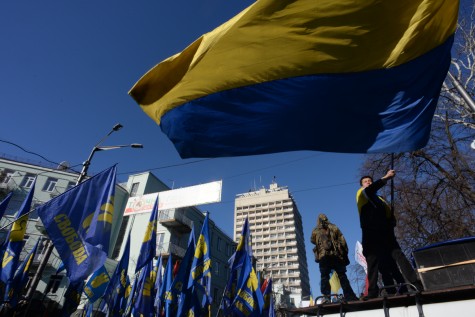
“Automatic translation is a complex system because the meaning of a word depends on the context in which it is used,” the representative added. “That is why there are mistakes and incorrect translations, which we will seek to make right as fast as we can.” The spokesman characterized it as a normal technical glitch and were likely introduced because the terms mirrored language used by some Ukrainians regarding Russia, especially after the larger nation annexed Crimea. But some security experts believe that the political jabs couldn’t possibly be the result of a computer error. They believe hackers were at fault.
This is not the first time a Google Translate mishap has irked either Russia or Ukraine. Ukraine’s channel 112 said that during the summer of 2015, the translation of the Ukrainian phrase “Revolution of Dignity,” often used to refer to the pro-European protests that toppled Kiev’s pro-Russian government in 2014, were for a period being translated as, “the political crisis in Ukraine” in Russian.
While the translating fiasco is over for now, the online newspaper, Ukrainska Pravada, might want to use a different translating tool. If they don’t, they might have to face the consequences of Sauron.

Hey! My name is Lilliana and I am a junior at Air Academy High School. I am the Senior Sports Editor and this is my second year writing for the Jetstream...



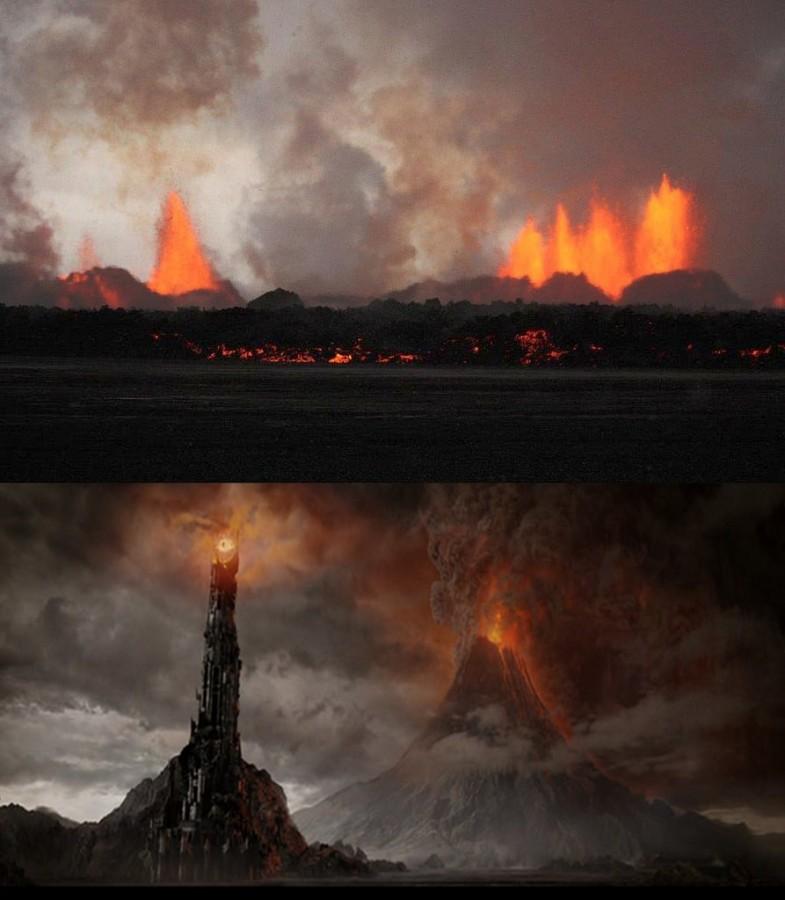



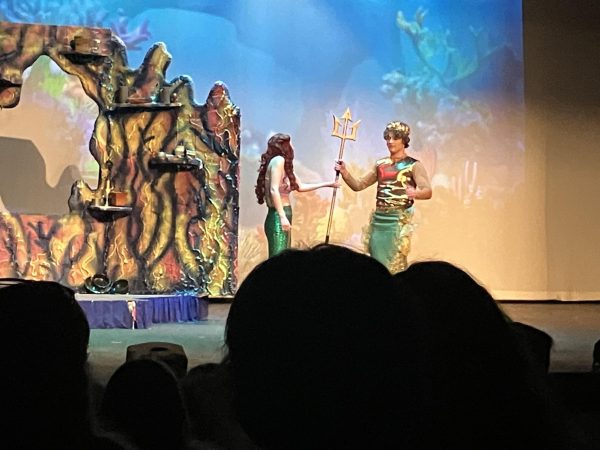

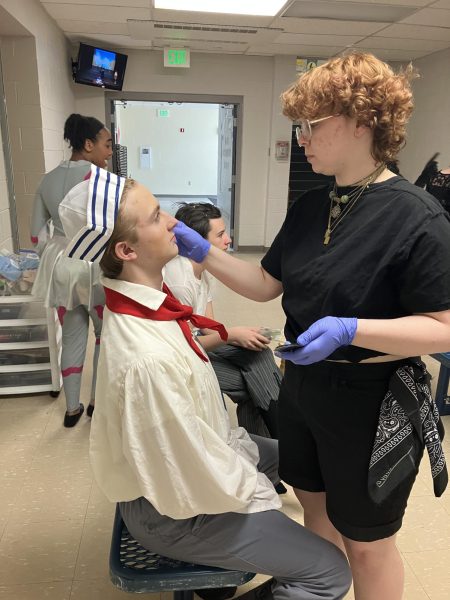


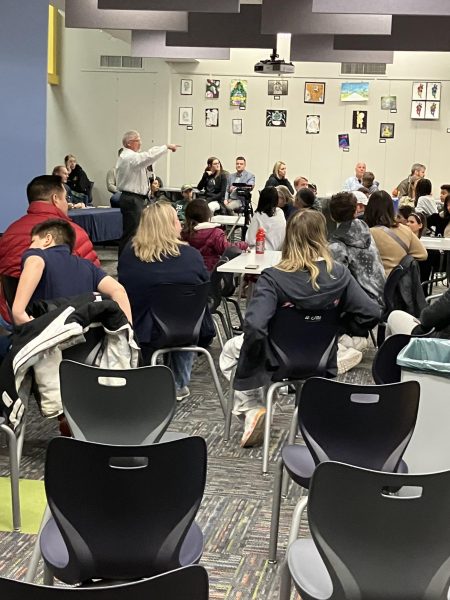
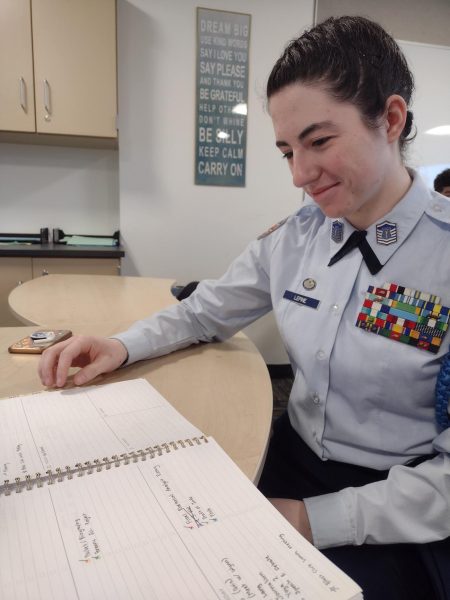
Pam Lively • Feb 5, 2016 at 1:42 pm
I love your concluding sent.
Fox News will also use very different vocabulary than NBC News, for example, which also infuriates diverse audiences! A computer certainly can’t assess it’s audience like a major network, or maybe . . . one day . . . will it?! Intriguing idea!
Do you have the ability to italicize or underline journal or book titles in your online publication?